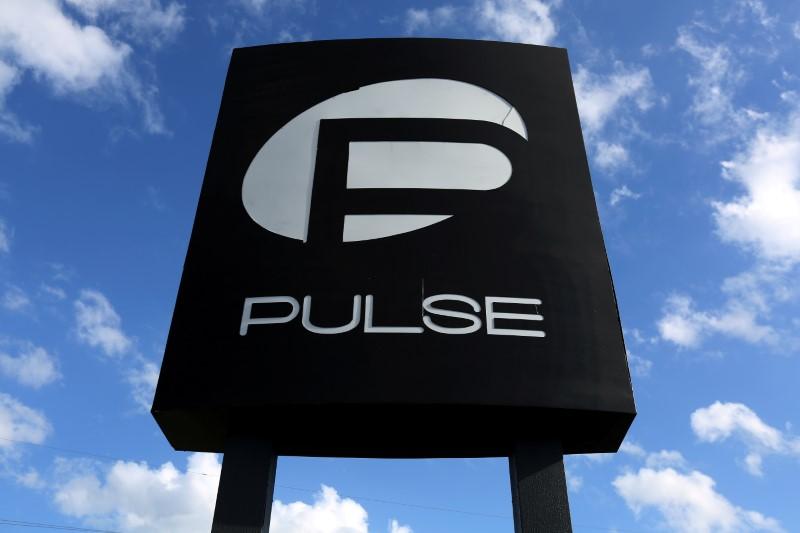Age-old wisdom says that if something sounds too good to be true, it probably is. Hoax or something that could really happen, untold numbers of people in the United States have scooped up the Iraqi dinar in the hopes that the currency, presently valued at a fraction of a penny to the dollar, will reset to its former glory. Yet financial experts warn that all these millionaires-in-waiting are in for a major disappointment, expecting payouts that will never arrive.
Since the new Iraqi dinar was issued—minus Saddam Hussein’s picture—rumors have persisted about currency revaluation. “Iraqi dinars have been sold to ‘investors’ hoping to make a windfall when and if the currency is revalued in their favor,” states John Wasik, a contributor to Forbes magazine. Like many in global finance, he sees dinar buyers as victims who have stashed away Iraqi dinar with a steadfast belief that this investment will pay off in a big way.
The theory is that the Iraqi dinar is set to revalue to its level prior to the Gulf War in the 1990s when one dinar equaled US$3.50. If that scenario came to pass, an investment of, say, $1,000 in the Iraqi dinar at today’s exchange rate would bring in about $3.5 million upon revaluation. Such a scheme is fueled by the legend of the Kuwaiti dinar, which had traded at US$3.50 to the dinar before the Iraqi invasion. After the war, the Kuwaiti dinar, trading at 5 cents to the dollar, is said to have revalued to its former level, meaning those who caught the dinar at ebb tide raked in a lucrative return.
“That never happened,” asserts currency expert John Jagerson of LearningMarket.com. What happened instead, he claims, is a redenomination of the currency in which a nation elects to remove the last three digits of its currency to avoid hyperinflation. A banknote of 25,000 dinar thus became 25 dinar with no change in value. This he says is the likely path of the Iraqi dinar.
Jagerson also wrote a book called “The Iraqi Dinar Scam: Why Buying the Dinar is for Dummies.” He contends that dinar buyers appear to be lay investors with no real sense of how the financial sector works. “The scam sounds legitimate, but it preys on the victims’ lack of experience in the complicated world of currencies,” he says.
Yet buyers of Iraqi dinar commonly balk at any suggestion that their investments will not ever bear fruit. A survey conducted by “Iraq Business News” found that 65 percent of respondents believed that the dinar will revalue.
One investor in Azusa, Calif., who asked not to be identified for fear that her dinar holdings in her multi-household residence would become vulnerable to theft, dreams of the day of “having enough to pay off the bills and then some.” Noting financial strains from divorce and bouts of homelessness, she hangs on to the call that revaluation is “around the corner.” Since her initial dinar purchase seven years ago, she tunes into websites, notably DinarGuru.com, which pulsates with optimism of imminent dinar revaluation.
One of scores of other websites, TheIraqidinar.com publishes revaluation rumor updates and has a chat board, and ostensibly attempts to educate neophyte currency traders such as on how currency works. Curiously, a site dedicated to learning English as a second language—easyenglish4u.com—embeds material on the Iraqi dinar.
Abundant opportunities to purchase dinar have prompted state and consumer watchdog agencies to issue caveats. Warns the State of Washington Department of Financial Institutions: “Several websites [advertise] investment opportunities in Iraqi dinars [and] are asking the consumers to send a check, wire money, or pay cash upon delivery of the dinars.” Dinar currency schemes are on the state of Utah’s top-10 list of investment scams.
The Iraqi dinar cannot be procured from most banks in the United States. The only known licensed trader of Iraqi dinar is Currency Exchange International (CXI), a Florida-headquartered company with an upstanding reputation. A spokesman for CXI’s San Francisco branch, who would only give his name as Ashok, explained that the reason CXI sells the dinar has to do with taking risks. “We are willing to take the risk in selling in an unstable market,” he said. CXI will not impart investment advice as mandated under law.
Author Jagerson’s gripe is not with lawful traders like CXI but with all the sources that induce individuals to make unwise choices for their money. “It is legal to exchange currencies with a service bureau or a bank,” he says. “However, that is not the same as advising that this is a ‘good investment opportunity.’”
Therein is the rub: Scam or investment opportunity? A platitude like “look before you leap” could be apt. So might “Ignorance is no excuse.” Or as a teacher would say, “Do your homework.”
Timothy Wahl’s experience in business, education, the sciences, and the arts gives him a unique platform on a spectrum of subjects.





